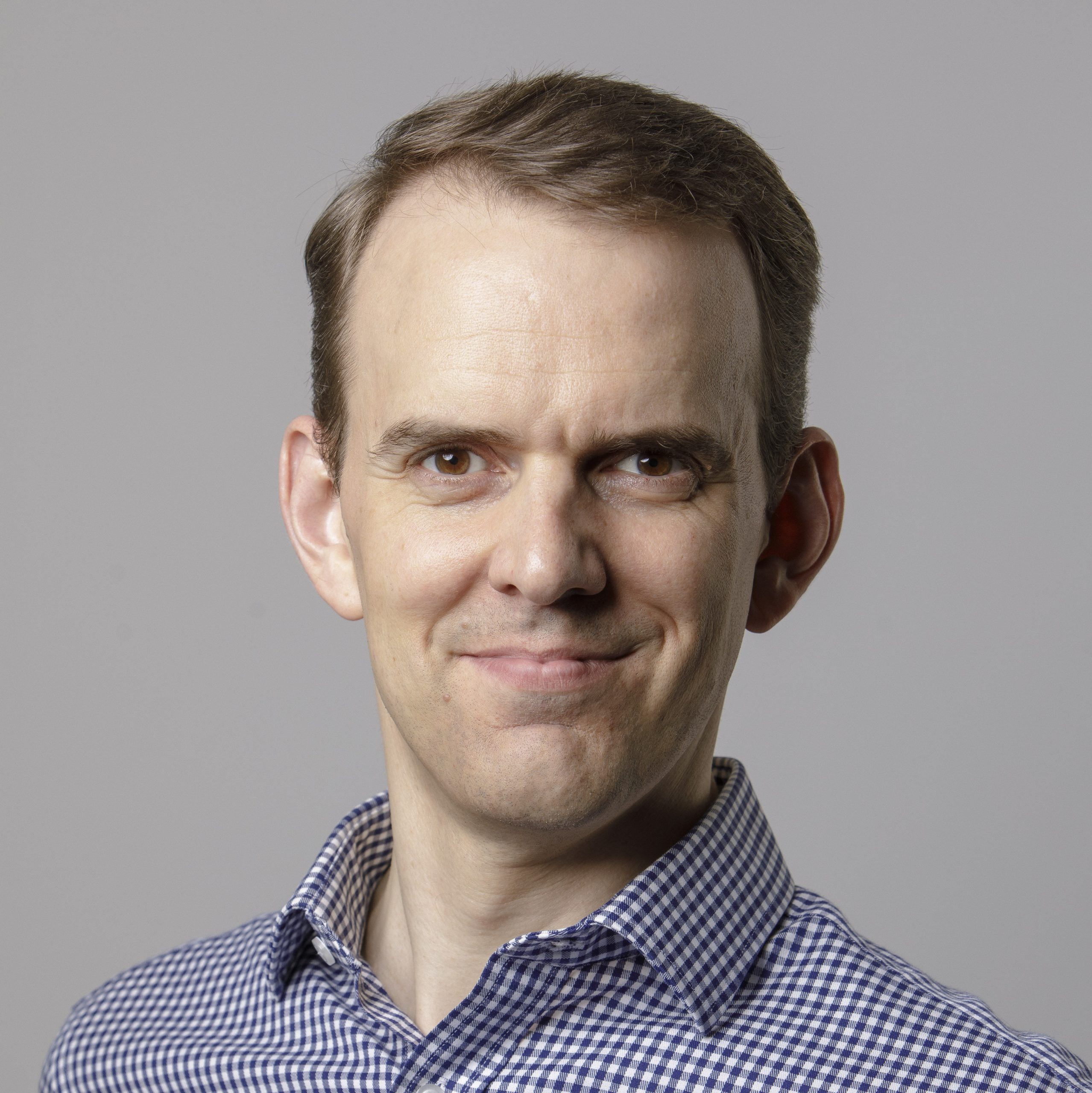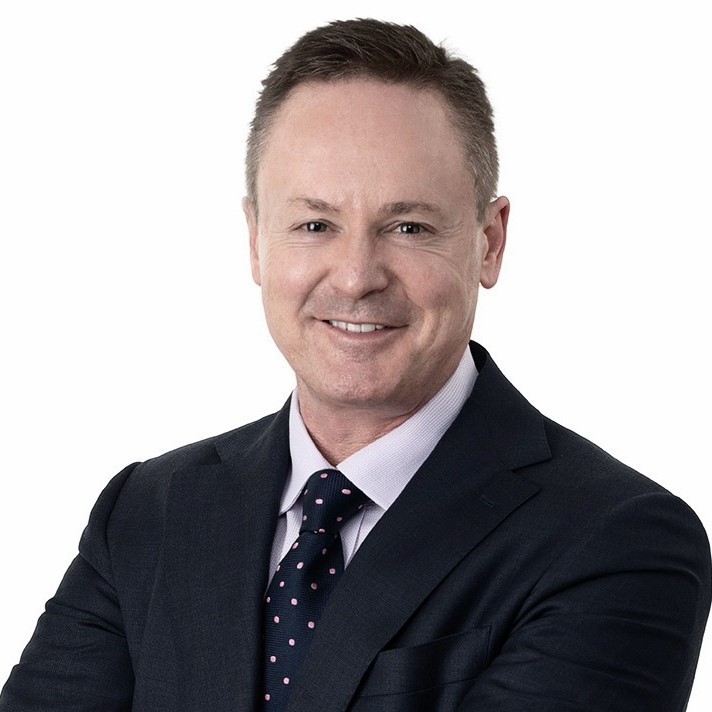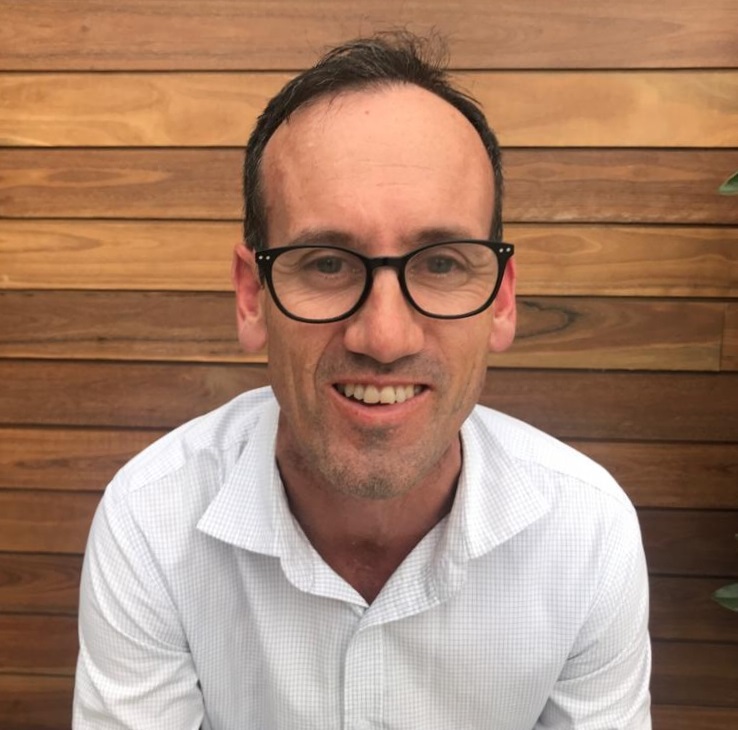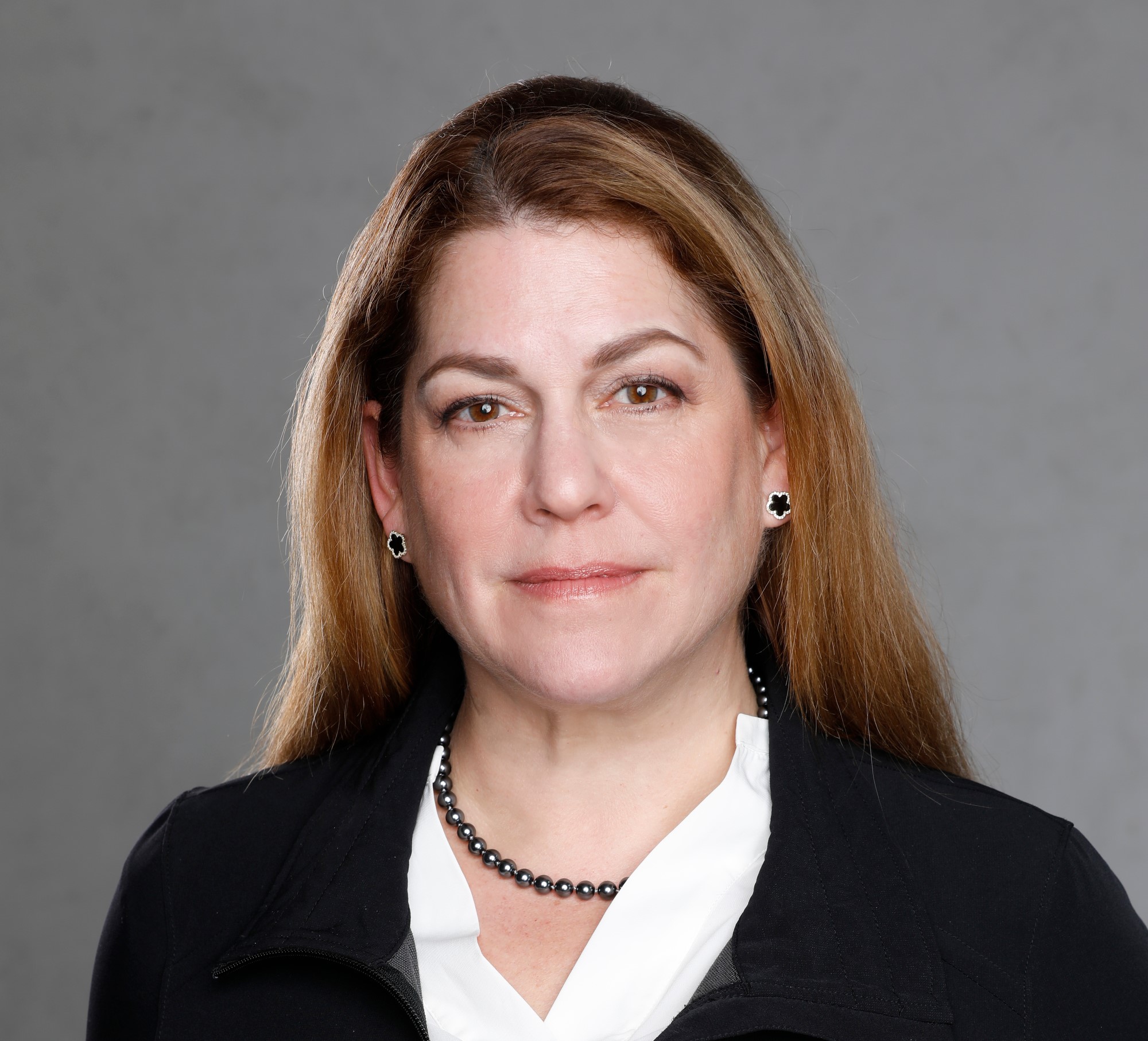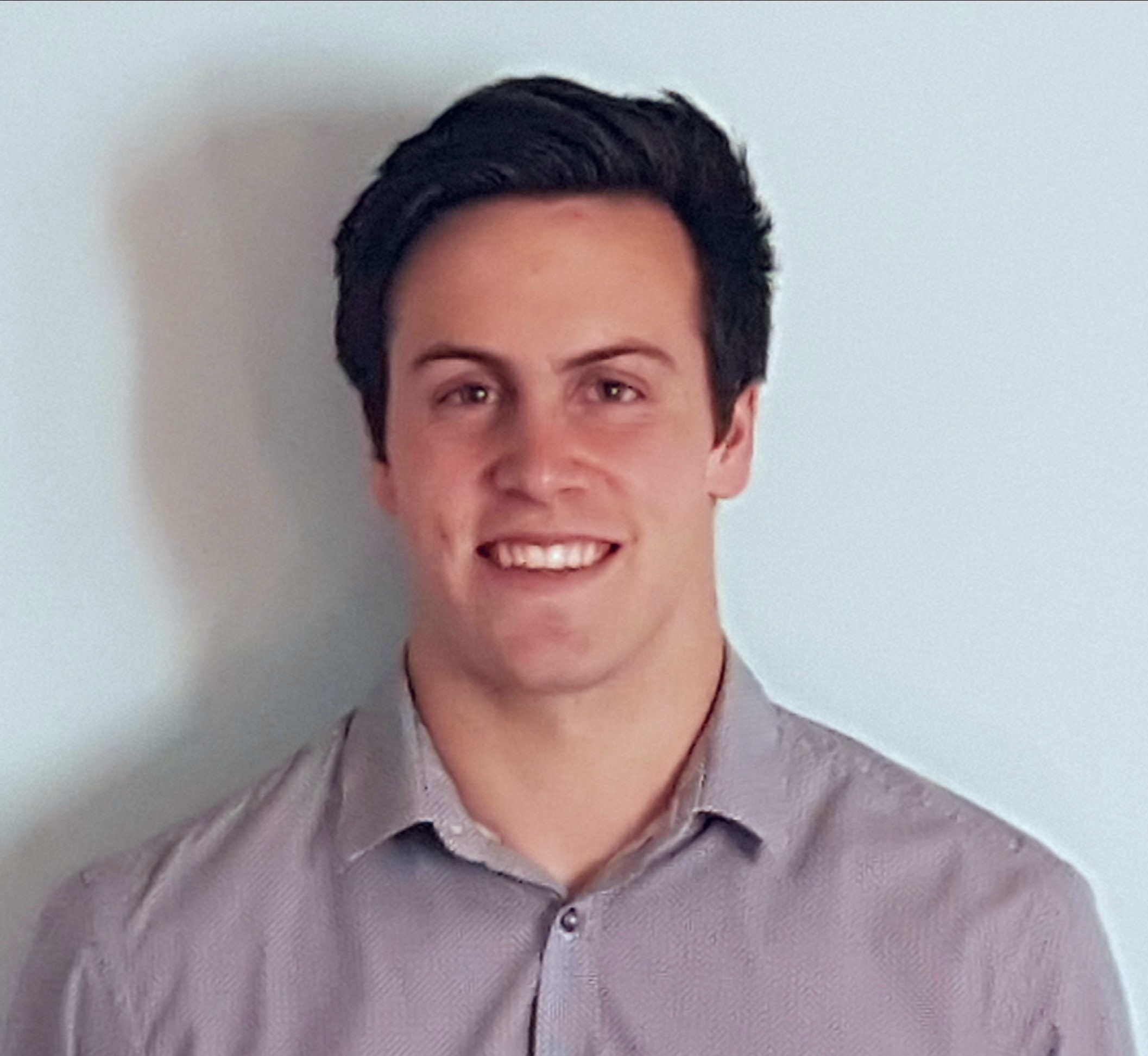David Norman
CEO
David Norman is the Chief Executive Officer of Future Fuels Cooperative Research Centre (CRC). David is responsible for implementing the vision and mission of Future Fuels CRC and managing its research operations including over 120 industry initiated projects enabling the use of hydrogen and biomethane in Australia’s energy networks.
David is an experienced research and industry leader. Previously Chief Executive Officer of Energy Pipelines CRC, David then lead the successful bid to create Future Fuels CRC. David has over 20 years of experience in senior positions in the global energy industry, spanning an array of commercial, managerial and technical roles.
David graduated in Mechanical and Manufacturing Engineering from the University of Melbourne and has completed a Masters of Business Administration (MBA) from Deakin University. He is a member of Engineers Australia and the Australian Institute of Energy.



